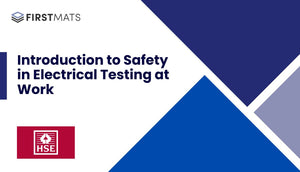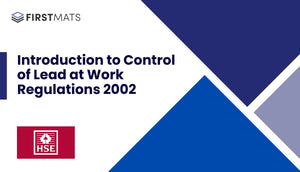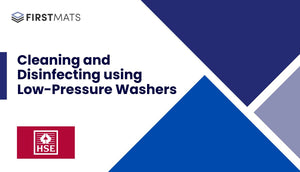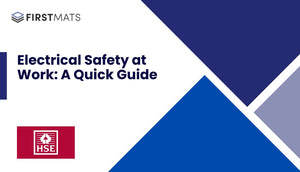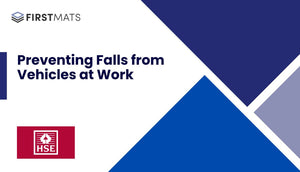Article Index:
Introduction
This article serves as a quick guide to the Health and Safety Executive (HSE) document titled "Gas appliances: Get them checked. Keep them safe" coded as INDG238(rev3). It aims to provide a user-friendly summary of the key points from the original report, which is focused on the potential dangers of carbon monoxide poisoning from gas appliances and the necessary safety precautions.
The Problem with Gas Appliances
Every year, approximately 14 people die from carbon monoxide poisoning caused by gas appliances and flues that have not been properly installed or maintained. The symptoms of carbon monoxide poisoning can easily be confused with common ailments such as flu or simple tiredness. If you or your family experience symptoms such as tiredness, drowsiness, headache, nausea, chest pains, or stomach pains, seek urgent medical advice.
- You are at risk if your appliance was poorly installed or is not working properly.
- You are at risk if your appliance has not been checked for safety or maintained regularly.
- You are at risk if there is not enough fresh air in the room or if your chimney or flue gets blocked up.
- You are at risk if you allow an engineer who is not on the Gas Safe Register to install or maintain your appliance(s).
The Solution
All gas consumers are advised to have appliances checked for safety at least every 12 months by a Gas Safe registered engineer. If you decide to buy a carbon monoxide alarm, ensure it meets current safety standards (BS EN 50291) and carries the Kitemark. If you smell gas, or suspect there is a gas escape or a carbon monoxide leak, you should immediately open all doors and windows, shut off the gas supply at the meter control valve, and call the National Grid on the Gas Emergency Freephone Number 0800 111 999.
The Law
The Gas Safety (Installation and Use) Regulations 1998 place duties on gas consumers, installers, suppliers, and landlords. Anyone carrying out work on gas appliances or fittings as part of their business must be competent and registered with the Gas Safe Register. Do-it-yourself work on gas appliances or fittings could be dangerous and is likely to be illegal. Landlords are generally responsible for ensuring that gas fittings and flues are maintained in good order, and gas appliances and flues are checked for safety once in a period of 12 months.
Conclusion
This article serves as a brief and easy-to-understand guide to the HSE's document on gas appliance safety. It highlights the dangers of carbon monoxide poisoning, the importance of regular safety checks by Gas Safe registered engineers, and the legal obligations of consumers, installers, suppliers, and landlords. For more detailed information, refer to the original document: INDG238(rev3).


